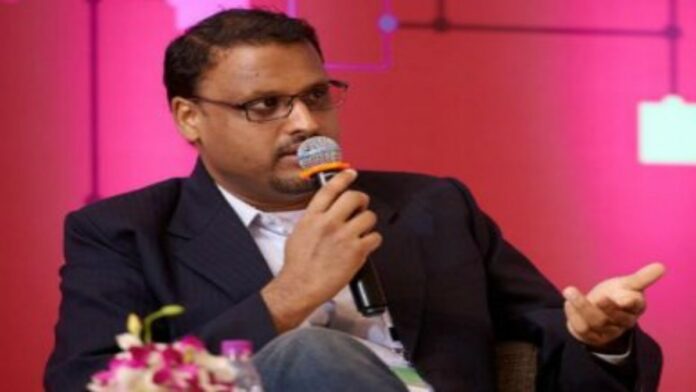
Background:
There had been an FIR registered in Ghaziabad about fake tweets being circulated on Twitter by a few journalists and politicians. The tweets had claimed that a Muslim man named Sufi Abdul Samad had been assaulted in Ghaziabad based on communal bigotry. His beard had been forcefully cut off and he had been forced to chant “Vande Mataram” and “Jai Shree Ram”. However, the Uttar Pradesh police have stated that the attack had nothing to do with communalism and that it had been caused by six men who were dissatisfied with the amulets the man had sold to them. The charges pressed fell under sections 153: provoking to cause riots, 153A: promoting enmity between religious groups, 295A: insulting religious beliefs, 505: statements including public mischief, and 120B: punishment for criminal conspiracy under the Indian Penal Code. Mohammad Zubair, the co-founder of the fact-checking portal of the AltNews channel, had applied for a transit anticipatory bail on which a notice had been served by the Hon’ble High Court. based on section 41A of the notice, the Uttar Pradesh police had stated that they would not arrest Zubair.
Another accused, Rana Ayyub, a journalist had been granted a transit anticipatory bail for four weeks by the Hon’ble Bombay High Court on the 21st of June.
Main issue:
Manish Maheshwari, the managing director of Twitter Communications India Pvt. Ltd had been asked by the Uttar Pradesh police to appear before the Loni Border police station concerning the Ghaziabad case for investigation. The Hon’ble Karnataka High Court, via a notice, protected him from the coercive actions of the police, under section 41A of the Code of Criminal Procedure, 1973 (hereinafter referred to as “Cr. P.C, 1973”). A writ petition had been filed by Maheshwari under Article 226 of the Indian Constitution. The Hon’ble Single Judge bench under Hon’ble Justice G Narender passed the interim order that Prima Facie, the petitioner was being subjected to deprivation of liberty. The Hon’ble court, therefore, forbade the police from taking any coercive action against the petitioner and at the same time maintained that if at all interrogation was essential that would be done in a virtual model.
Senior Advocate Nagesh, representing the petitioner mentioned that the accused was a mere employee who was supposed to look after the financial matters in the advertisement department and could have played no role in the circulation of the messages, tweets, or videos on Twitter. He had just the title of the managing director with no such power or designation as mentioned under section 2(54) of the Companies Act, 2013. He informed the bench that earlier, the Uttar Pradesh police had asked his client to appear as a witness under section 160 of the Cr. P.C, 1973. He had requested that the recording of the statement be done online as it would be difficult for him to travel to Ghaziabad from Bengaluru. Later the police threatened to arrest him under section 41A Cr. P.C, 1973. The advocate cited the Vinod Dua case in which the recording of the statements had been done via online mode. Advocate Prasanna, appearing on behalf of the respondents, questioned the validity of the writ petition based on a lack of territorial jurisdiction. He stated that just by serving notice at a place, the jurisdiction does not get transferred as per Article 226 of the Indian Constitution. To this, Nagesh responded that the applicability of section 438 Cr. P.C, 1973 is not there in the state of Uttar Pradesh. Therefore, the remedy for anticipatory bail has to be sought in some other jurisdiction. The bench stated that the question of jurisdiction could be discussed later. At the moment, since the petitioner was apprehending arrest, he should be given a clear answer. The respondents must produce conclusive evidence to show that the petitioner was actively involved in the circulation of false and provocative videos on the social media platform concerned. Advocate Prasanna said that the same would be produced at the next date. The case will next be heard on the 28th of June. Till then, the Uttar Pradesh police will not be allowed to take any coercive measure against the petitioner.





